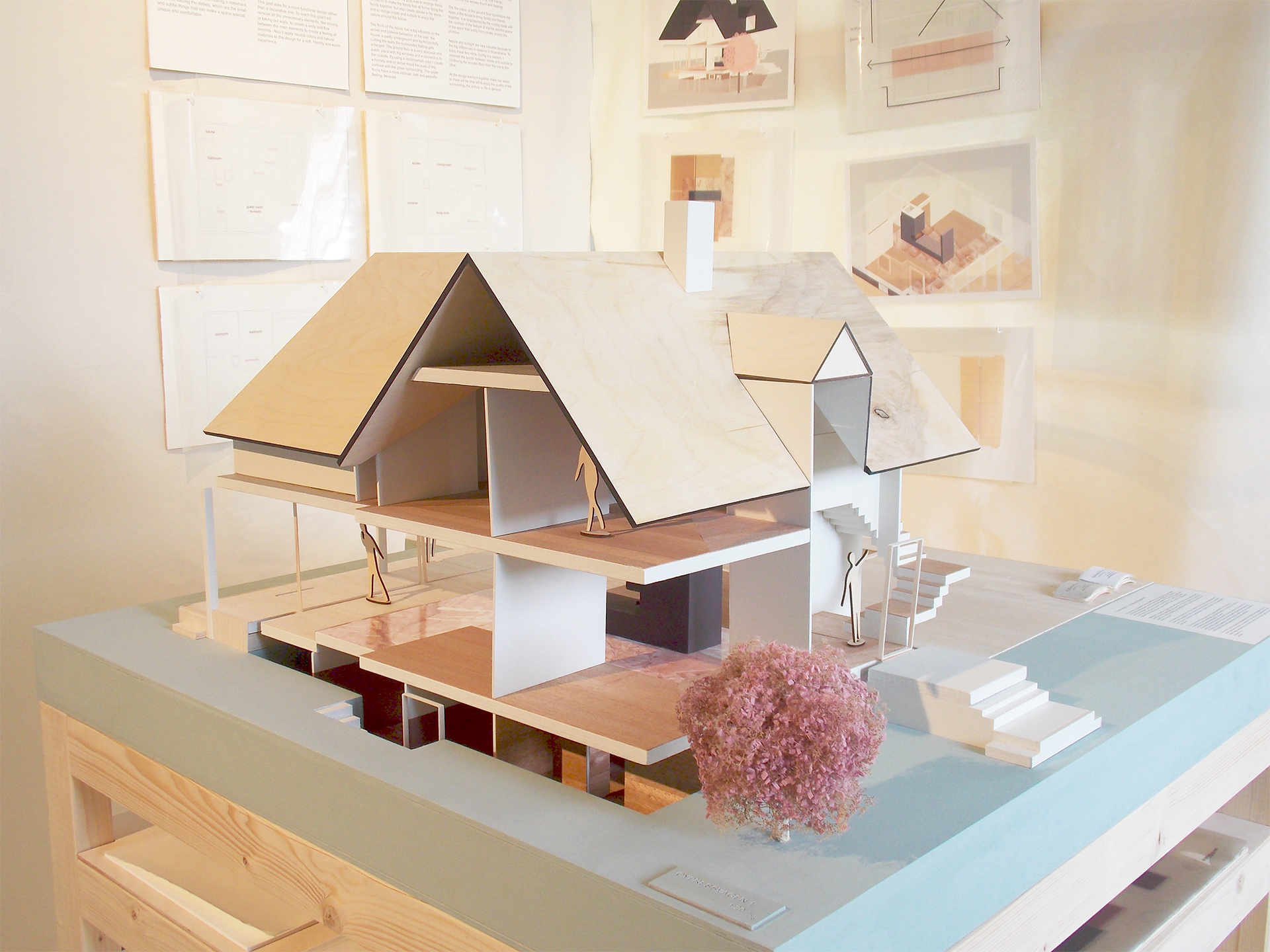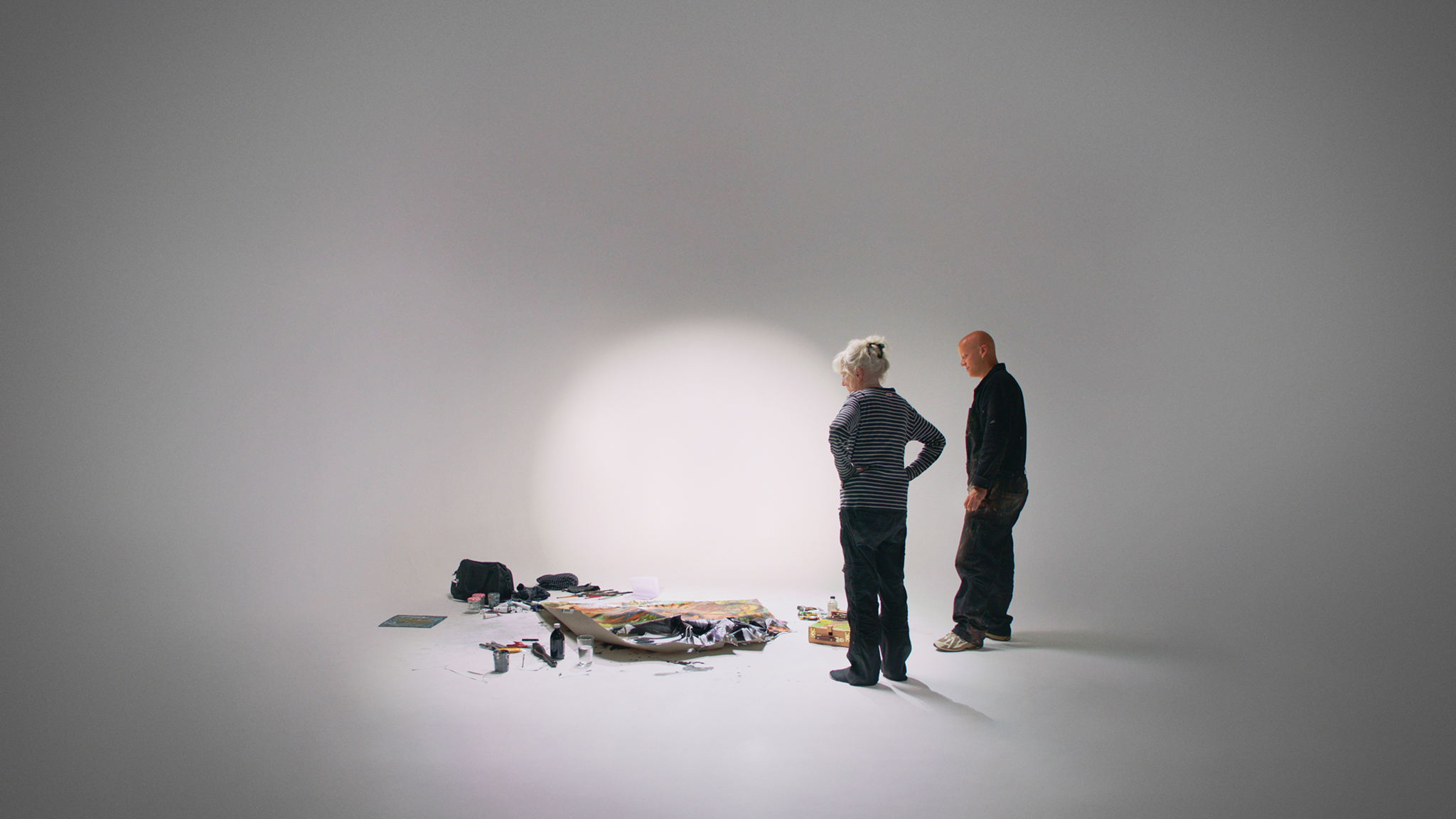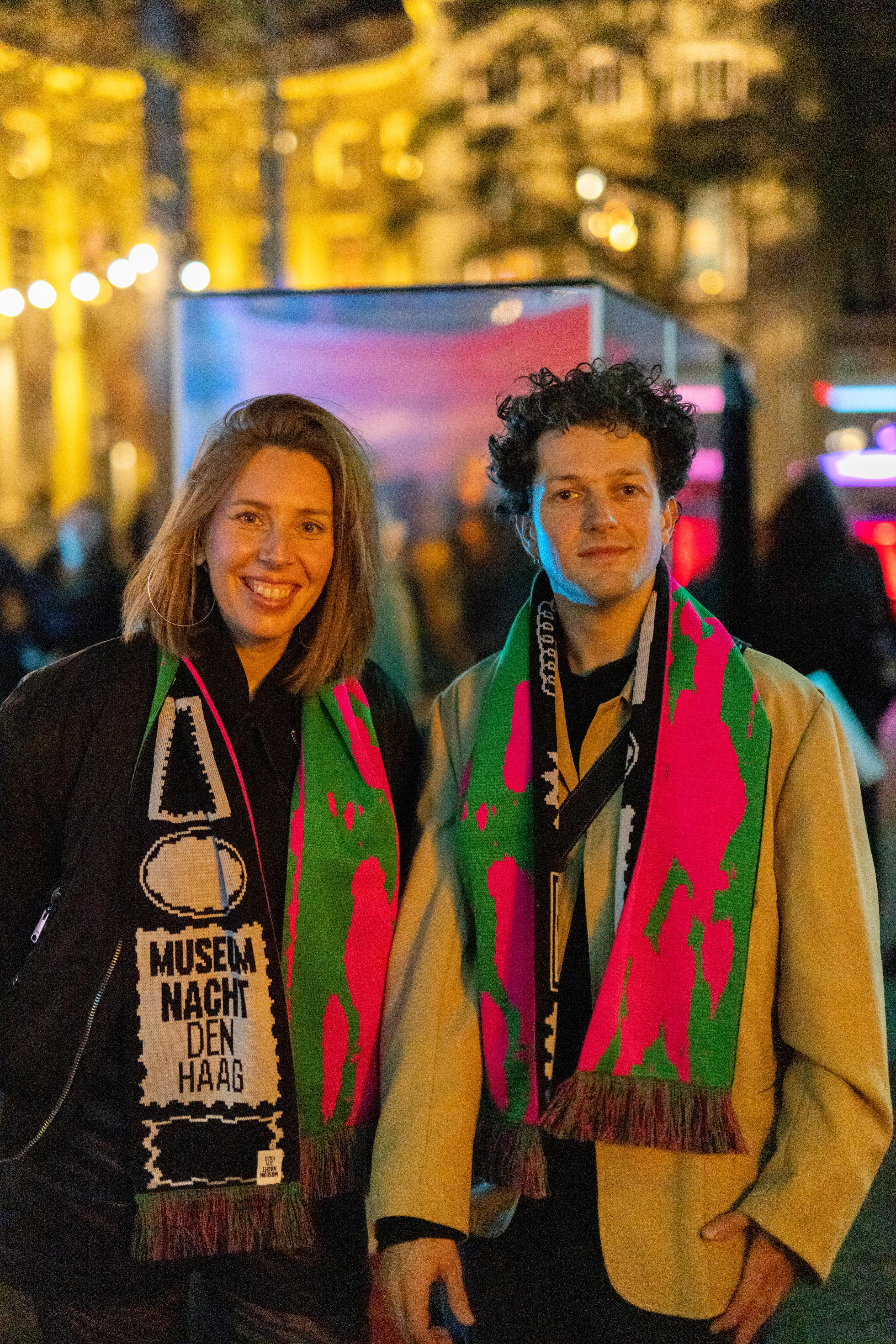Spatial Design | Graduation Series 2025
At WdKA, Jodie Opsteeg has always been deeply engaged: whether as a class representative, an active station user, and closely connected with the community around her. Now graduating from the Spatial Design department, Jodie looks back on her time not just as a maker, but as a thinker deeply invested in the intersection between art, people, and space.
“My design is always about translating creative ideas into something practical,” she explains. I want to build the future, but do it in a way that places people at the center of it.”
Jodie’s approach merges conceptual thinking with applied design. Whether she’s prototyping in the station or developing complex frameworks, her focus stays rooted in one question: what does this add to society?
A Toolkit for Housing the Future
Her graduation project is a toolkit and spatial model responding to one of the most urgent issues of our time: the housing crisis. Specifically, Jodie focuses on multi-generational living: how different age groups can cohabit meaningfully in shared spaces and how design can help reduce the anonymity and isolation so often embedded in contemporary urban life.
“I was inspired by real examples, like intergenerational housing projects where students live with elderly people in exchange for care,” she says. “Those setups often happen accidentally. I want to make them intentional and scalable.”
Through interviews with residents, experts, and organizations like Humanitas in Deventer, she developed a framework to repurpose existing buildings for new, shared uses. The project includes a tangible toolkit, a scale model, and potentially an additional physical intervention like a custom wall or furniture piece, demonstrating how spatial shifts can spark new types of connection.
Letting Go of the Frame
Getting to this point hasn’t been a straight line. While Jodie began with a tightly framed vision of her end product, she soon realized that openness was key to meaningful design.
“At first I was way too focused on the outcome: what it would look like, what materials I’d use,” she admits. “I had to let go of that control and start thinking more freely. That was tough, but necessary.”
Her process evolved from static planning to an intuitive, iterative practice, something she now sees as a core strength. She credits her mentors with helping her shed external expectations and reconnect with her own creative rhythm.
Jodie’s time at WdKA has taught her the value of the process*,* even when it means tearing something down to build it back up.
“In the beginning of my time at WdKA, I put so much energy into making perfect maquettes,” she laughs.“Then I was told to rip them apart. I thought - why? But I’ve learned that it’s not about polishing things, it’s about learning through making.”
That insight has shaped how she works today: quicker, looser, more responsive. She’s found freedom in sketching, prototyping, and testing; ways of working that help her push through perfectionism and get to the core of an idea faster.
“A beautiful concept means nothing if you can’t communicate it,” she says. “Clarity is key.”
Looking Ahead, Rooted in Curiosity
After graduation, Jodie will continue her journey at TU Delft, where she’s starting a Master’s in Architecture. The decision stems from her desire to strengthen the applied side of her work, to bring technical knowledge into dialogue with the conceptual foundation she’s built at WdKA.
“WdKA helped me find my creative voice,” she explains. “Now I want to learn how to bring that into architecture: to build sustainably, to work with biomaterials, and to design for the future.”
Her long-term dream? To become an architect who bridges innovation and social responsibility, someone who builds spaces not just for function or aesthetics, but for people.
Advice for Future Spatial Designers
Jodie’s biggest piece of advice: make the most of everything.
“This program is what you make of it,” she says. “Learn random skills, try different materials, talk to people. That’s how you build real knowledge.”
She recalls a project that unexpectedly led her to become an expert on working with bamboo - something she never planned, but now uses regularly. “Those unexpected things can end up shaping your whole path,” she adds. “It’s surreal to be graduating. This has been such a special place: to learn, to work, to meet people. I’m grateful for it all.”


